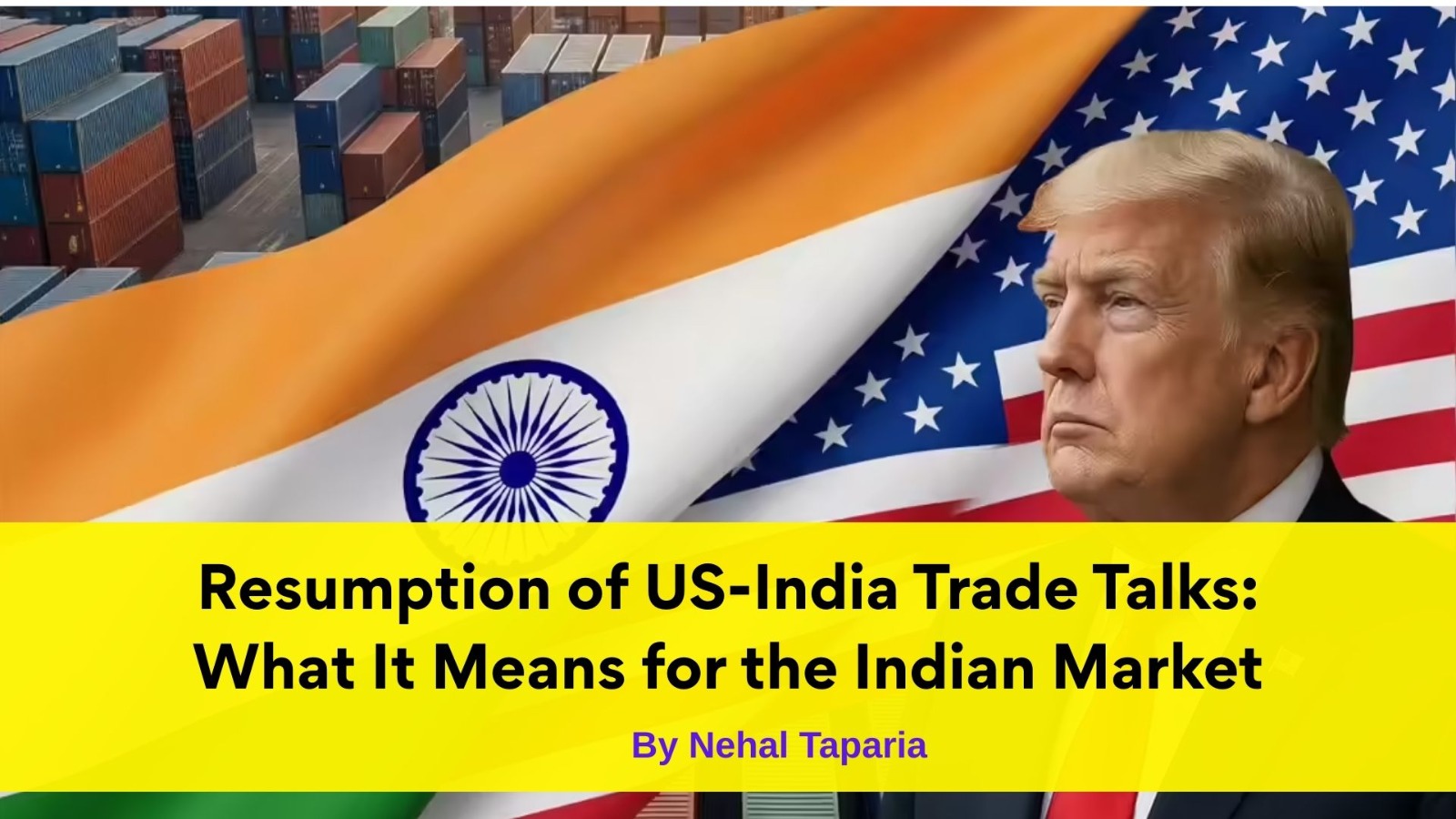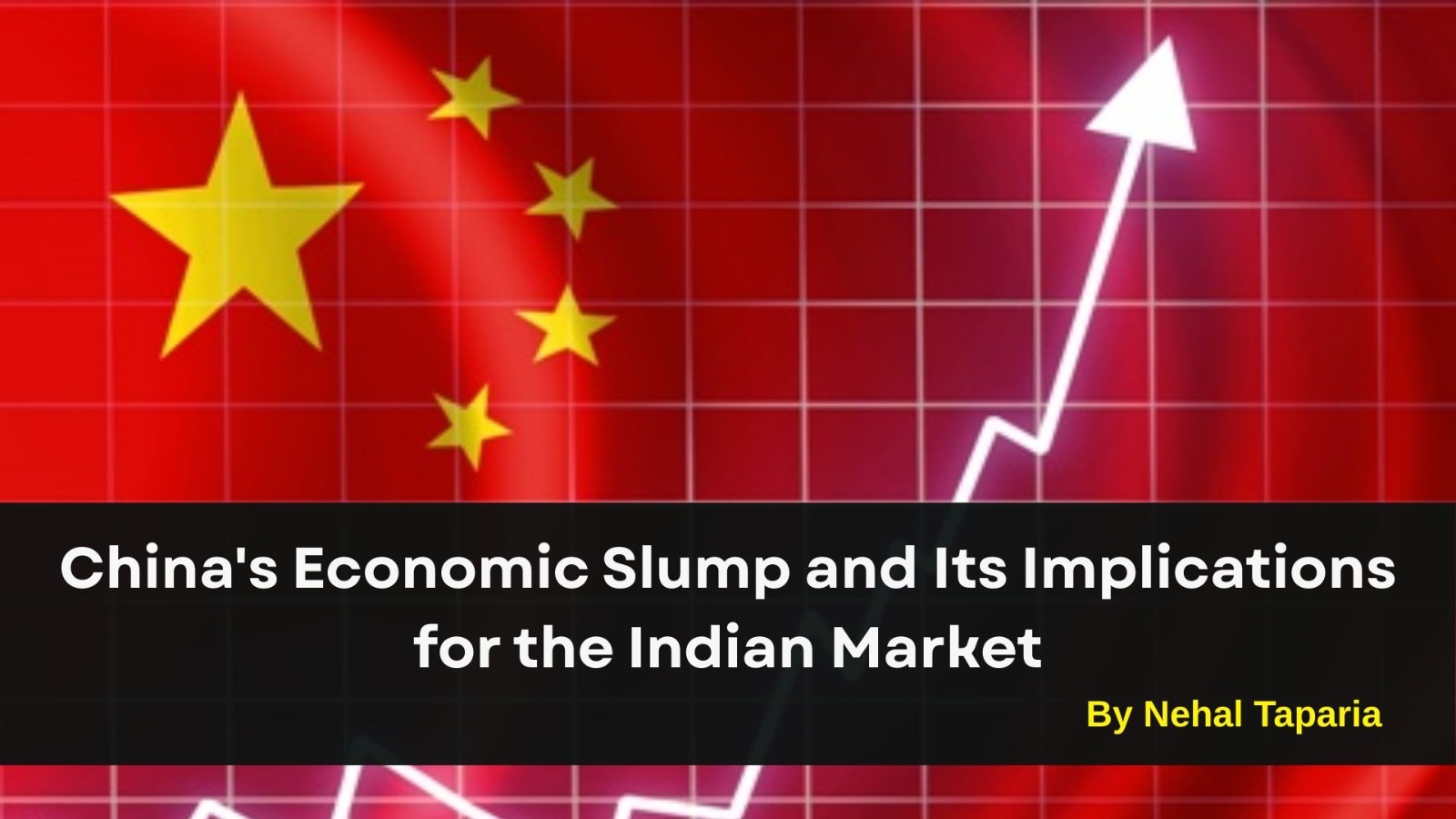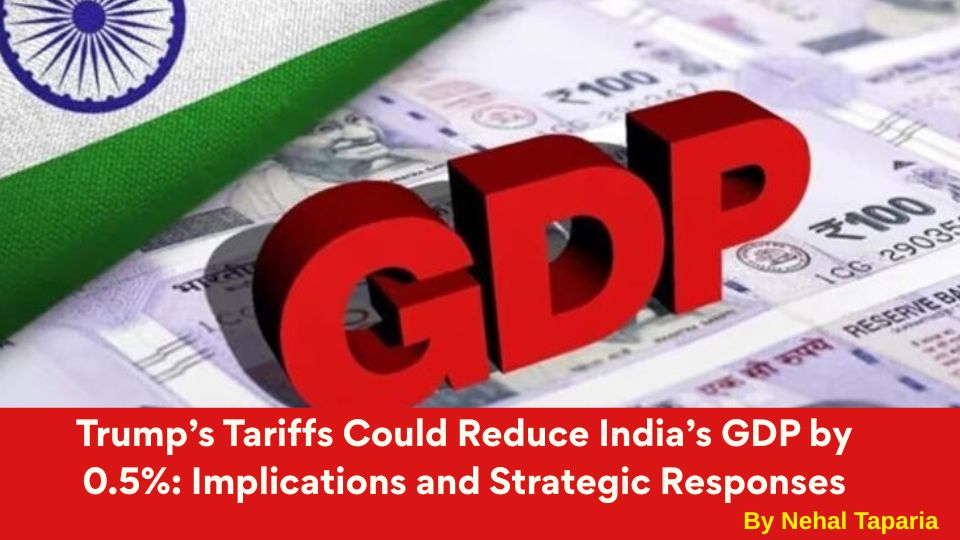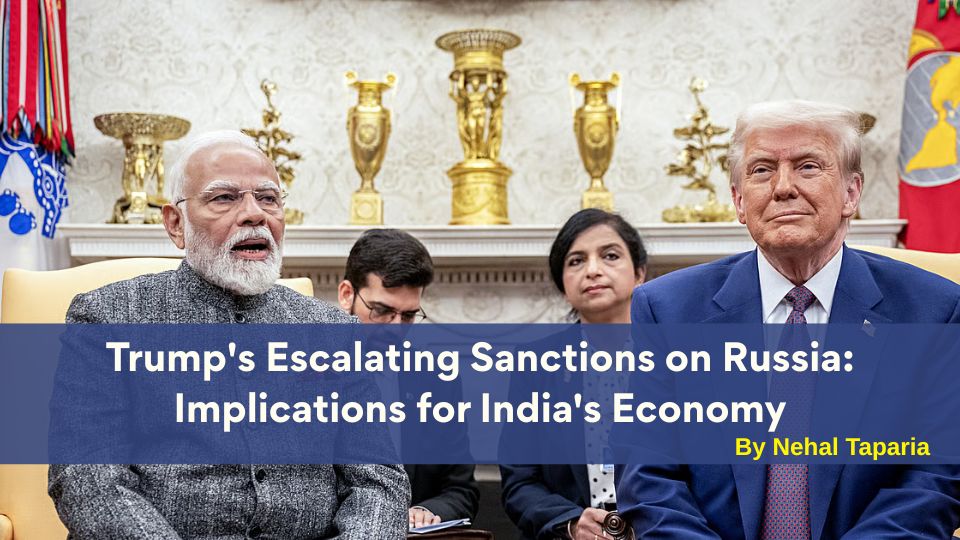U.S. Attack on Iranian Nuclear Sites: What It Could Mean for Global Markets
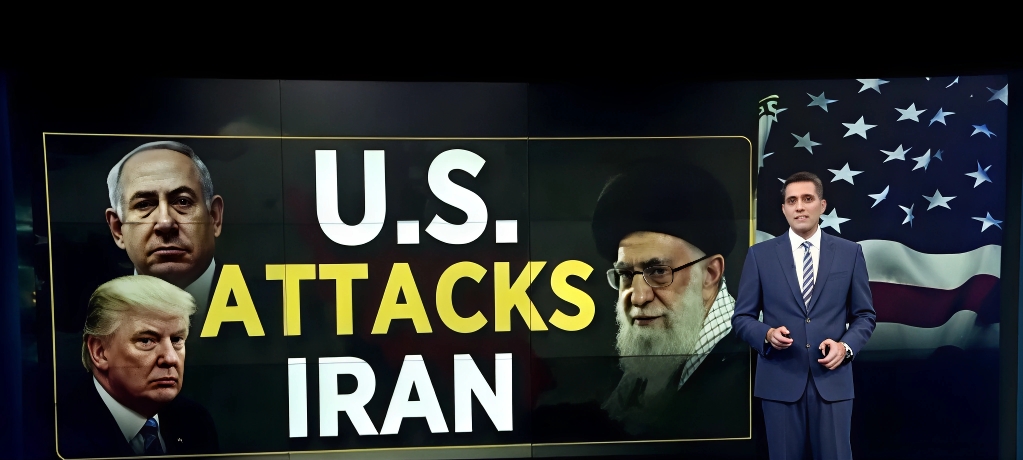
U.S. Attack on Iranian Nuclear Sites: What It Could Mean for Global Markets
In a dramatic escalation of Middle East tensions, the United States launched an attack on Iranian nuclear sites on Saturday, raising immediate concerns about how global markets will react when they reopen on Monday.
Investors and market experts are bracing for a knee-jerk reaction across global asset classes, with energy markets, safe-haven assets, and equities all expected to see sharp moves.
What Could Happen in Global Markets?
According to early market predictions and geopolitical analysts, here’s what to watch for:
- Crude oil prices are expected to spike sharply as tensions in the oil-rich Middle East reignite supply fears.
- Investors may rush to safe-haven assets like gold, the US dollar, and government bonds, driving their prices up.
- Global equity markets might open lower as risk-off sentiment sets in, particularly in emerging markets and sectors sensitive to oil prices like airlines, chemicals, and logistics.
- Increased volatility in currency markets, with the Indian Rupee, Japanese Yen, and Euro likely reacting to global risk aversion.
Why This Matters to the Global Economy
The Middle East remains a strategically critical energy hub. Any conflict involving Iran — one of the world’s major oil producers — can quickly impact global oil supply chains and inflation trends. Higher crude prices could:
- Put pressure on already inflation-sensitive economies
- Prompt central banks to rethink rate-cut or rate-hike timelines
- Impact business costs, especially in transportation, manufacturing, and consumer goods sectors
- Affect household budgets through increased fuel prices
Conclusion
While it’s too early to predict the full fallout of this geopolitical event, one thing is clear — markets are headed for volatility on Monday. Investors should closely track crude oil prices, safe-haven assets, and rate-sensitive sectors in the coming sessions.
It’s a reminder of how swiftly geopolitics can influence global financial markets and personal investments.
This content is for educational and knowledge purposes only and should not be considered as investment or Trading advice. Please consult a certified financial advisor before making any investment or Trading decisions.
Our Recent FAQS
Frequently Asked Question &
Answers Here
What happened between the U.S. and Iran?
The U.S. conducted a military strike on Iranian nuclear facilities on Saturday, 22nd June 2025, significantly escalating tensions in the Middle East.
How will crude oil prices react?
Crude oil is expected to spike sharply when markets reopen, as traders fear disruption to Middle Eastern oil exports — a key region for global energy supply.
Which assets might gain from this tension?
Safe-haven assets like gold, the US dollar, Japanese yen, and government bonds typically rally in times of geopolitical tension.
How could global stock markets respond?
Markets may open lower due to risk-off sentiment. Sectors like aviation, shipping, chemicals, and logistics may see pressure due to rising fuel costs.
How will this affect India?
India, being a net crude importer, could face higher fuel prices, affecting inflation and fiscal dynamics. The Rupee could weaken against the dollar amid global uncertainty.
Copyright © By Empirical F&M Academy. Design & Developed by Techno Duniya

.jpeg)
.jpeg)
.jpeg)

.jpeg)
